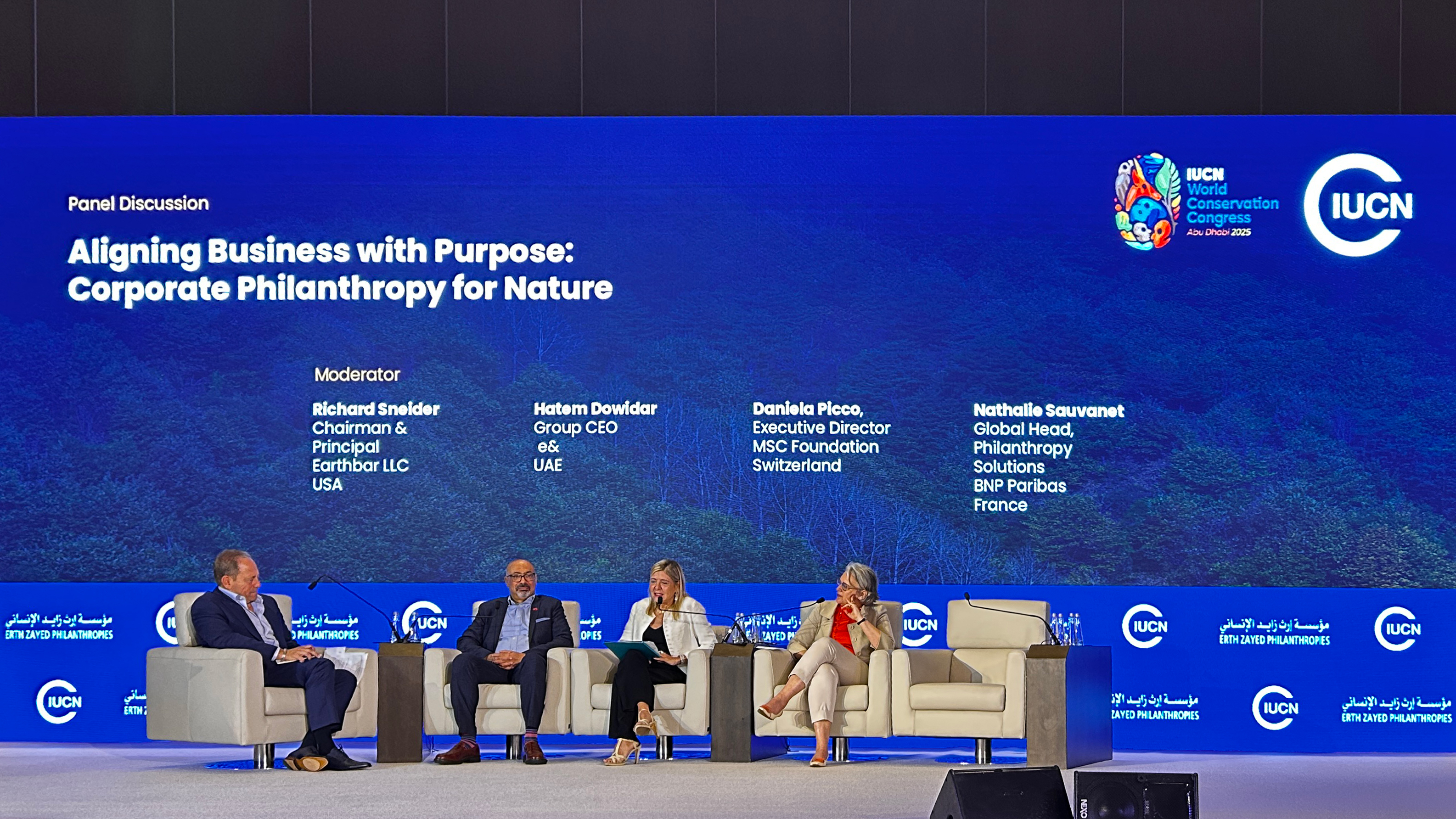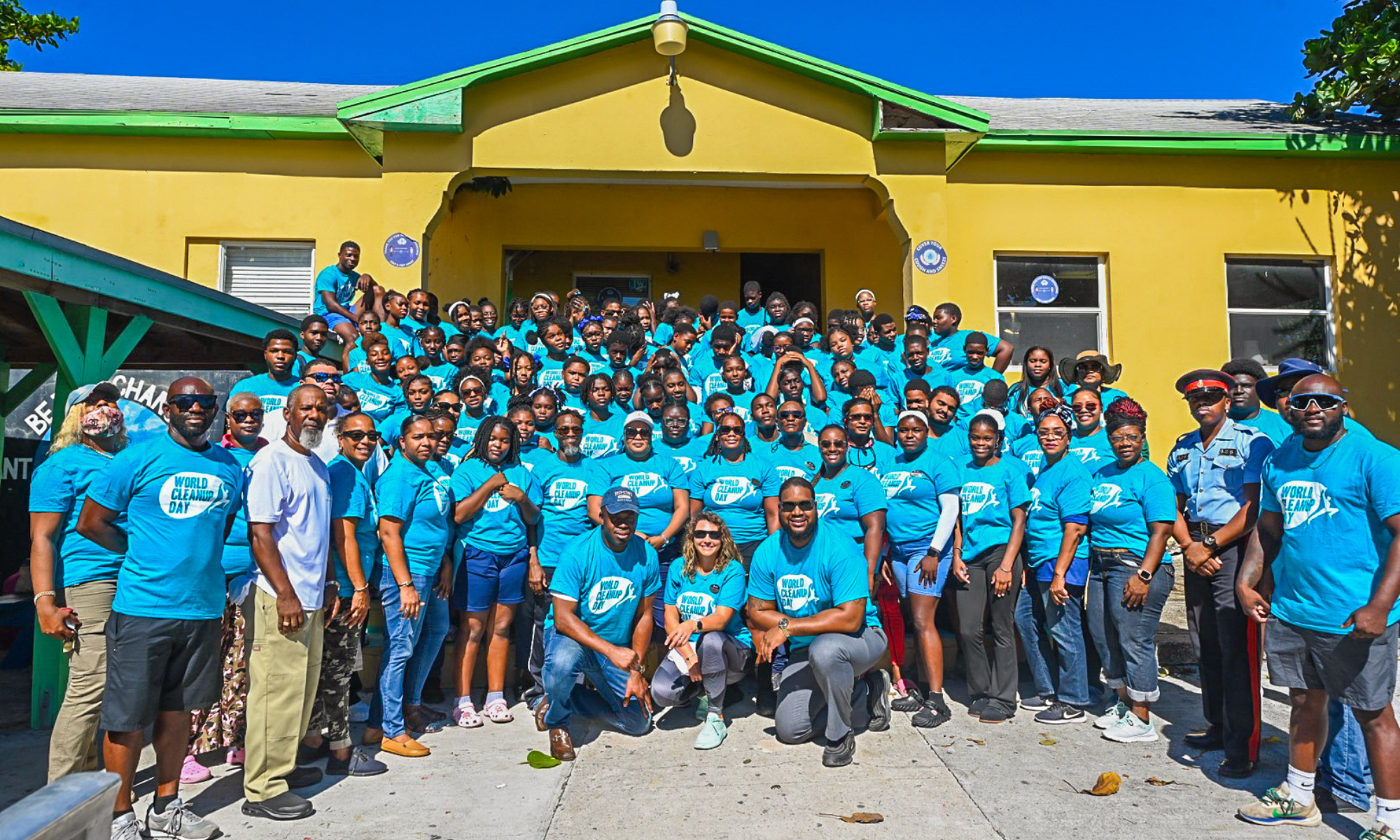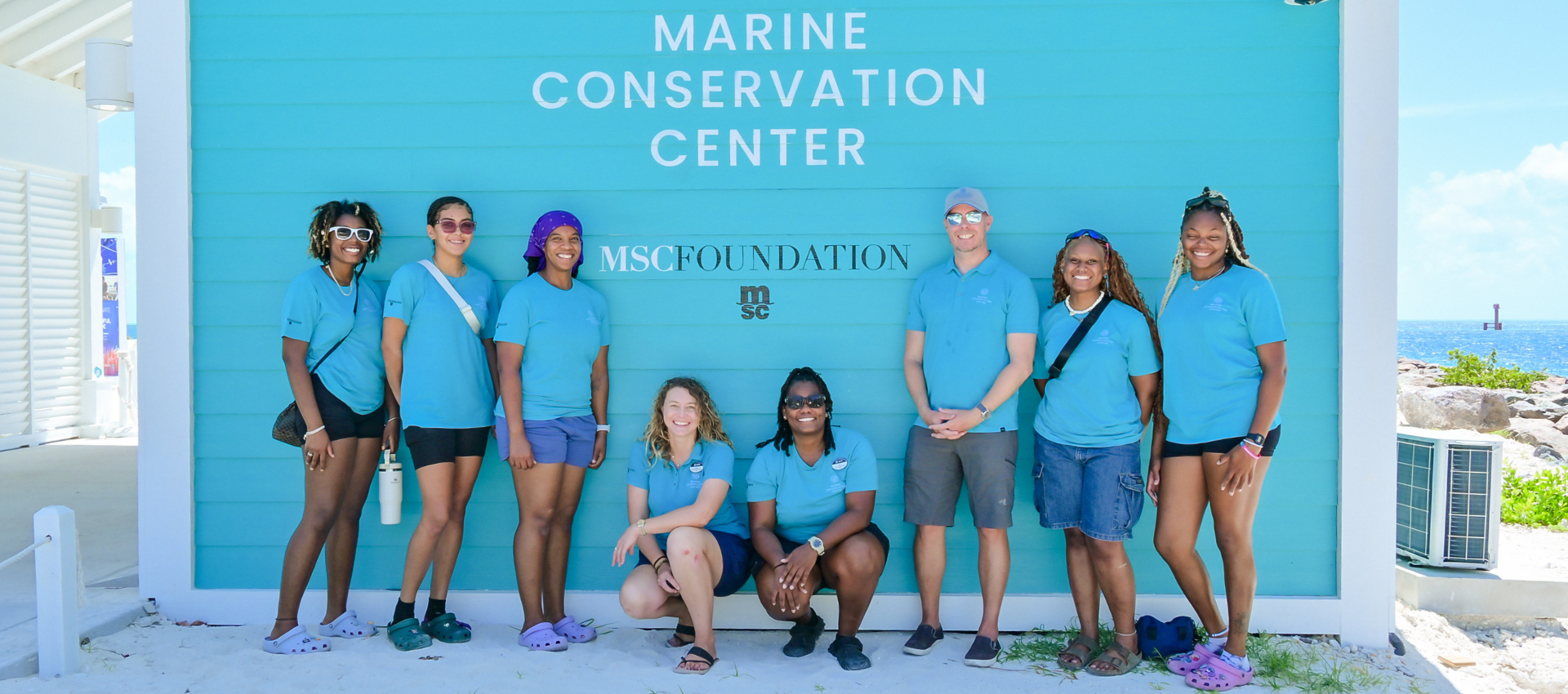MSC Foundation launches initiative fostering innovation to save coral reefs
Attracting innovation talent to power the scaling up of coral restoration
Focus Area: Environmental Conservation, Community Support
The MSC Foundation is leveraging the resources of the first Italian business accelerator established by the French International banking group Crédit Agricole, aiming to help power the scaling up and replication of its Super Coral Programme’s pioneering reef restoration techniques worldwide.
Called Le Village by Crédit Agricole Milano, the accelerator is an open ecosystem that supports the growth of start-ups and company innovation by bringing together and promoting synergies between start-ups, leading companies, investors and the Crédit Agricole banking group. The MSC Foundation is now deploying this ecosystem to launch a call for innovation partners with ideas and projects able to help scale up coral restoration.
This is an important new step in the MSC Foundation’s innovative Super Coral Programme to help reverse the sharp decline of the world's coral reefs, which are home to more than a quarter of all marine life and essential for the health of our oceans. More than 10% of the world population depends on them for food, to earn a living and for coastal protection from storms and erosion. Yet, notwithstanding their critical importance for people and society, humanity now faces the very real danger of coral reefs dying out by between 2030 and 2050 due to pollution, destructive fishing practices and global heating. The recent devastating repeated mass bleaching of Australia’s Great Barrier Reef is just the latest example of the events which could lead to this total destruction.
It is therefore a vital component of the Super Coral programme to rapidly and effectively scale up and replicate the innovative coral restoration and resilience techniques being developed. Which is why the MSC Foundation approached Le Village by Crédit Agricole Milano to launch "SeAct | MSC Foundation for Coral Restoration”, its very first call for innovations applicable to coral restoration that harness innovative strategies, technologies, materials or techniques that are in harmony with the marine environment.
The Foundation has decided to cast the net as widely as possible, since innovation in diverse areas of the scaling up and replication process could add up to a massive difference for coral reefs worldwide. So, the proposals submitted could include solutions for identifying sites less likely to be impacted by near-future climate change, or which supply stress-hardened corals suitable for use in restoration initiatives in different parts of the world. The technologies could range from the 3D printing of coral structures to mass production techniques applicable to coral restoration tasks. Other possibilities are innovations that enable coral outplanting at an industrial level across multiple locations or which develop models for franchising the restoration of coral habitats.
“Innovation is becoming increasingly sustainable, and we aim to continue making sustainability an integral part of our activities,” explained Gabriella Scapicchio, Mayor and CEO of Le Village by Crédit Agricole Milano. “We are therefore pleased to play an active role in this Call for Coral Restoration. As an innovator and diving enthusiast, I know how important coral reefs are for the marine ecosystem, being the habitat of thousands of species whose survival is threatened by our actions, and which are increasingly used, for example, in developing new cures not only for bacterial and viral infections, but also degenerative diseases”.
“The MSC Foundation is very enthusiastic about the immense potential of this initiative,” commented MSC Foundation Executive Director Daniela Picco. “It could make a tremendous contribution to our Super Coral Programme, which aims to mitigate the impact of climate change in The Bahamas and worldwide, pioneering new coral conservation and restoration techniques. We’re currently building a Marine Conservation Centre with biolabs and coral nurseries on Ocean Cay island in The Bahamas to research, develop and test techniques for saving coral reefs using species that are more resistant to ocean heating. The innovation solutions adopted will help harness those results.”
Applications are open on the site https://levillagebyca.it/itmsc-foundation-for-coral-restoration for researchers, academics, start-ups, innovative SMEs, NGOs and universities proposing solutions and projects that are aligned with the MSC Foundation’s needs and its core programme requirements of Relevance, Impact, Innovation, Sustainability and Cost-Effectiveness.
Latest News




